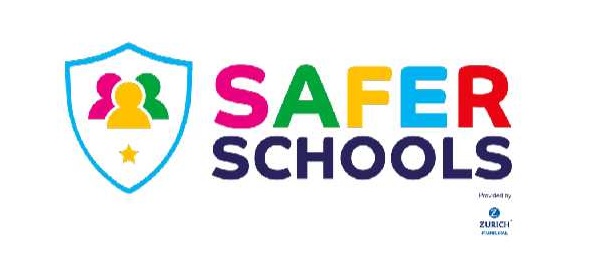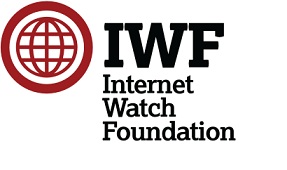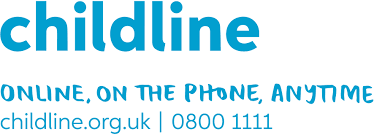Online Safety
Online Safety
Keeping children safe online is one of the biggest challenges facing parents and schools. We take this issue very seriously at St Mark’s. Young people do need help and guidance regarding online behaviour and security. To support them, online security is one of our PSHCE topics and the Computer Science department aims to educate students in good practice. In this section of the school website we have links to various organisations which can give parents and students advice, technological knowledge and emotional support.
In addition, we have signed up to the Safer Schools app. This can be downloaded to smartphones and the entry code for parents is below. We encourage all parents to access this app, as it gives you up to date information on social media, gaming, bullying and digital images. The safer schools organisation is also constantly updating this app in response to changes in the digital world.
As a school, we look to educate student in all aspects of life. The online world means that communication is easier than ever and this can put young people in danger. Below are the instructions about accessing the Safer Schools app, some useful tips given to us by parents and links to other organisations, which offer support and advice. With schools, parents, and professional organisations working together, we can support students in an increasingly important area of their lives.
Accessing the Safer Schools app
- Down load from the app store or Googleplay

- Search for St Mark’s Catholic School (include the apostrophe)
- Put in the code – 7675
- Access the app
- The menu on the top left is particularly useful.
Some useful tips from parents about young people and online activity
- Talk about online behaviour as a family
- Make sure you know the pin to their phone
- Ensure they do not bring the phone into school
- Have a central place in the home where everyone places their smart phones in the evening to recharge
- Do not let your children take the phone to bed with them.
- Turn off the phone when they are eating or doing homework.
- Please remember that you pay for their phone so it is your property. If your child is not using it appropriately, you have every right to take it away from them.
Useful Websites
Visit the Child Exploitation and Online Protection Centre - The CEOP centre delivers a multi-agency service dedicated to tackling the exploitation of children. Parents can download the latest information from CEOP on how best to protect their child.
IWF work internationally to make the internet safer by removing child sexual images from the web. They are an independent not for profit organisation and work with the global internet industry and the European Commission.
The Cybersmile Foundation is a multi-award winning anti-cyberbullying nonprofit organization. Committed to tackling all forms of digital abuse, harassment and bullying online, they work to promote diversity and inclusion by building a safer, more positive digital community.
Childline helps anyone under 19 in the UK with any issue they're going through. You can talk about anything. Whether it's something big or small, their trained counsellors are there to support you. Childline is free, confidential and available any time, day or night.
School Policies
All pupils and parents are required to sign the Internet Acceptable Use Policy when they join the school.
New technologies have become integral to the lives of children and young people in today’s society, both within schools and in their lives outside school. The internet and other digital information and communications technologies are powerful tools, which open up new opportunities for everyone. These technologies can stimulate discussion, promote creativity and stimulate awareness of context to promote effective learning. Young people should have an entitlement to safe internet access at all times.
This Acceptable Use Policy is intended to ensure:
- that young people will be responsible users and stay safe while using the internet and other communications technologies for educational, personal and recreational use.
- that school ICT systems and users are protected from accidental or deliberate misuse that could put the security of the systems and users at risk.
The school will try to ensure that students will have good access to ICT to enhance their learning and will, in return, expect the students to agree to be responsible users.





